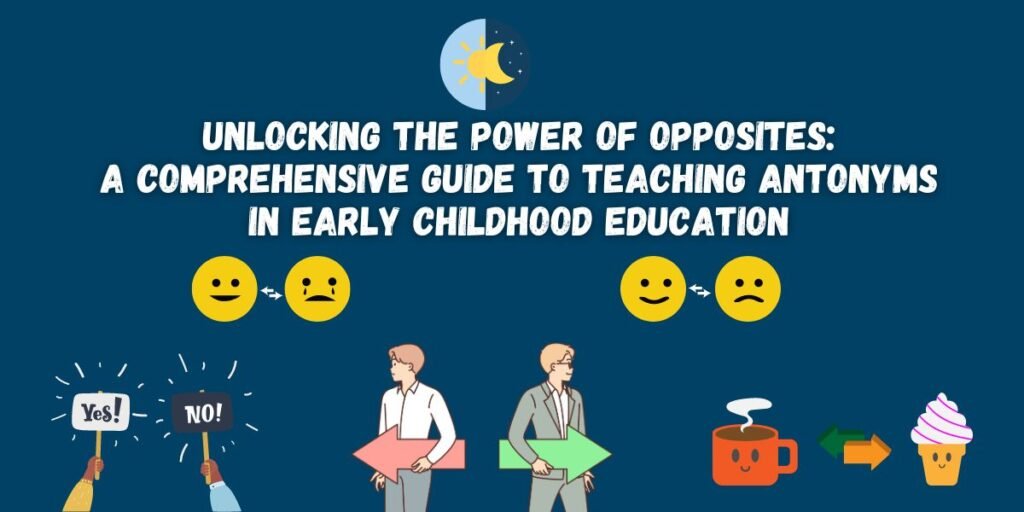In the ever-evolving landscape of knowledge and information, the importance of education cannot be overstated. Education serves as the cornerstone of personal and societal growth, paving the way for enlightenment, progress, and success. In this article, we delve into the multifaceted dimensions of education, exploring its profound impact on individuals and society at large.
Building Foundations for Success
Education is the bedrock upon which successful individuals and thriving societies are built. It provides the necessary tools and knowledge for personal development, empowering individuals to navigate the complexities of life with confidence and competence. From basic literacy to advanced skills, education equips individuals to pursue their goals and contribute meaningfully to the world.
Empowering Minds and Shaping Perspectives
A crucial aspect of the educational journey is its role in shaping perspectives and fostering critical thinking. Education encourages individuals to question, analyze, and synthesize information, cultivating a discerning mindset. This intellectual empowerment not only enhances personal decision-making but also contributes to the creation of an informed and enlightened society.
Driving Economic Progress
Education serves as a catalyst for economic development on both individual and societal levels. An educated workforce is better equipped to meet the demands of a dynamic global economy. Individuals with diverse skill sets, acquired through a robust educational foundation, become valuable contributors to industries and innovation, driving economic progress and prosperity.
Promoting Social Cohesion and Harmony
In a world marked by diversity, education plays a pivotal role in fostering social cohesion and harmony. Exposure to different cultures, ideas, and perspectives through education encourages mutual understanding and tolerance. It builds bridges across communities, fostering a sense of unity that transcends cultural, social, and economic differences.
Adapting to Technological Advancements
The rapid pace of technological advancements underscores the need for continuous learning and adaptability. Education not only imparts current knowledge but instills a lifelong learning mindset. Individuals educated in the latest technologies and methodologies are better positioned to thrive in a digitally driven world, contributing to innovation and progress.
Global Citizenship through Education
As the world becomes increasingly interconnected, the concept of global citizenship takes center stage. Education, with an emphasis on global perspectives, instills a sense of responsibility towards the broader human community. It encourages individuals to become informed global citizens, cognizant of global challenges and proactive in seeking solutions.
Investing in the Future
Investing in education is, in essence, an investment in the future. It is a strategic decision that pays dividends in terms of personal fulfillment, societal advancement, and global progress. Governments, institutions, and individuals alike must recognize the transformative power of education and allocate resources to ensure its accessibility to all.

Fulfilling Educational Needs in the Digital Age
Digital Transformation in Education
In the 21st century, the landscape of education is undergoing a significant transformation propelled by digital innovations. Online platforms, e-learning modules, and interactive resources have revolutionized the way knowledge is disseminated. This digital shift not only enhances accessibility but also accommodates diverse learning styles, making education more inclusive and adaptable to individual needs.
Addressing Educational Disparities
A critical aspect of understanding the importance of education is acknowledging and addressing educational disparities. In many parts of the world, access to quality education remains unequal. Bridging this gap requires concerted efforts from policymakers, educators, and communities. By ensuring equitable access to educational resources, we not only empower individuals but also pave the way for a more just and inclusive society.
Lifelong Learning: A Continuous Journey
Education is not confined to the traditional classroom setting; it is a lifelong journey of discovery and growth. Embracing the concept of lifelong learning is essential in a world where knowledge evolves rapidly. Individuals who recognize the value of continuous education remain adaptable and resilient, staying relevant in their careers and contributing to the ongoing advancement of society.
The Role of Educators in Shaping Minds
Behind every educated individual is an inspiring educator. The role of teachers and mentors is pivotal in shaping minds and nurturing a passion for learning. Effective educators go beyond imparting information; they inspire curiosity, foster critical thinking, and instill a love for knowledge that extends far beyond the confines of a classroom.
Measuring Success Beyond Grades
While academic achievement is a crucial aspect of education, success should not be solely measured by grades. The holistic development of individuals involves cultivating creativity, emotional intelligence, and practical skills. Recognizing and appreciating diverse talents and aptitudes ensures that education nurtures well-rounded individuals prepared for the challenges of the real world.
Education and Personal Empowerment
At its core, education is a liberating force, empowering individuals to chart their own paths and break free from the shackles of ignorance. It provides the tools needed to make informed choices, fostering a sense of autonomy and self-determination. The ripple effect of empowered individuals extends beyond personal success, contributing to the overall progress and prosperity of society.
Challenges and Opportunities in Education
While acknowledging the transformative power of education, it’s essential to address the challenges that persist. From disparities in access to evolving curricular needs, the educational landscape faces ongoing complexities. However, each challenge presents an opportunity for improvement and innovation. By embracing change and adapting education to meet contemporary needs, we can ensure its continued relevance and efficacy.
Conclusion: A Call to Action
In conclusion, the importance of education is not a static concept but a dynamic force that evolves with the needs of society. As we navigate the complexities of the digital age, let us embrace a collective responsibility to ensure that education remains a beacon of enlightenment, empowerment, and progress for generations to come.

